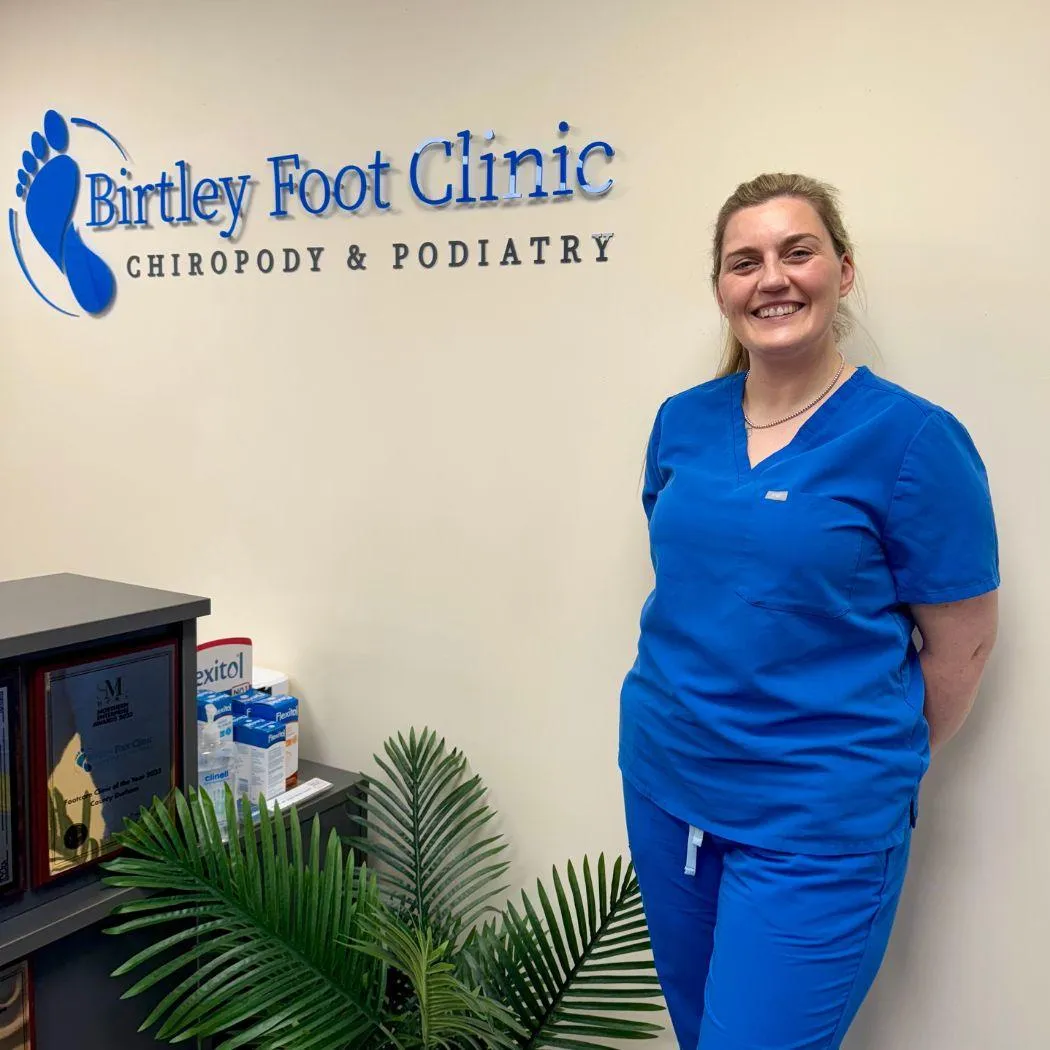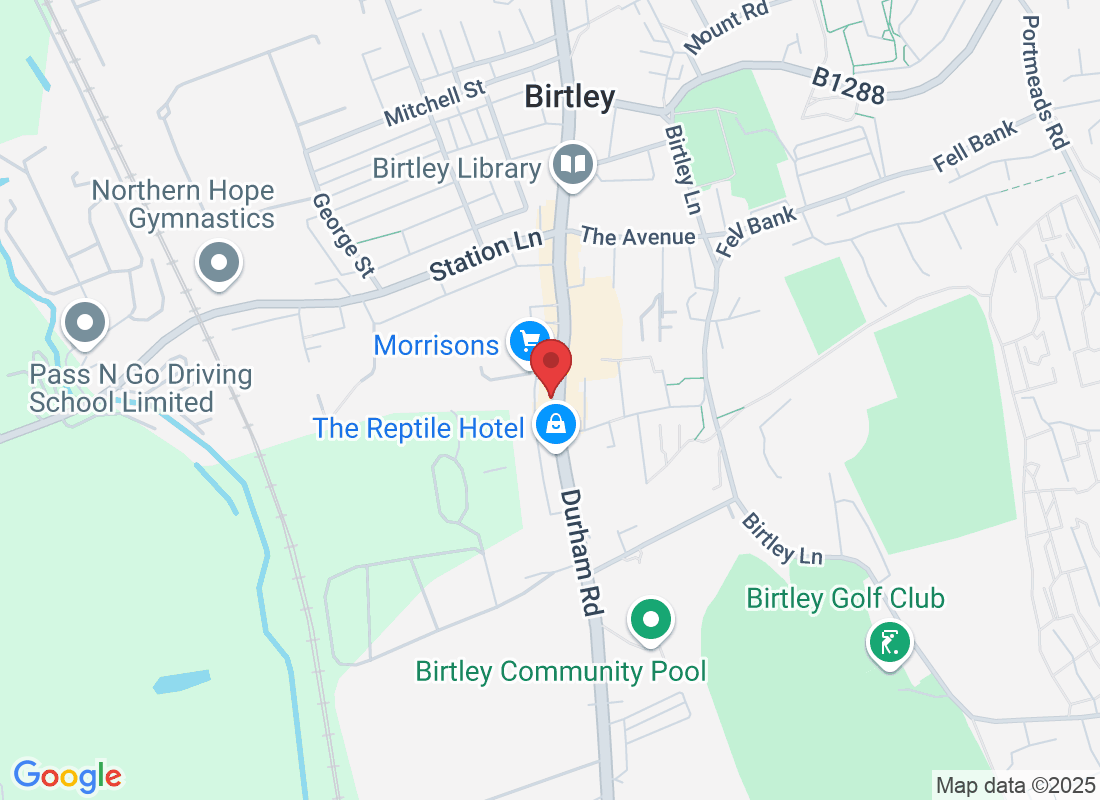
Taping, Orthotics & More: Which Plantar Fasciitis Treatments Actually Work?
There’s nothing quite like heel pain to put a dent in your day
If you’ve been told you have plantar fasciitis, you’ve likely been met with a flood of treatment options — stretching routines, orthotics, special shoes, ice packs, even shockwave therapy. With so many choices, it’s easy to feel overwhelmed or unsure about what actually works.
At Birtley Foot Clinic, we treat plantar fasciitis every single day — and we know what gets real results. In this post, we’ll break down the most effective options, so you can take the guesswork out of your recovery.
First Things First: What’s Causing the Pain?
Plantar fasciitis happens when the band of tissue under your foot (the plantar fascia) becomes irritated or inflamed. It’s often caused by:
Long periods on your feet
Unsupportive footwear
Tight calf muscles
Flat feet or high arches
Sudden increase in walking, running, or standing
The result? Stabbing heel pain, especially in the morning or after resting.
What Treatments Actually Work?
1. Taping the Foot
Foot taping can reduce strain on the plantar fascia and provide short-term relief — especially during flare-ups or busy days.
We often use a method called low-dye taping, which helps support the arch and ease the pressure on the heel. It’s quick, safe, and can give you immediate relief while longer-term solutions take effect.
Best for: Early stage plantar fasciitis or as part of a broader treatment plan.
2. Custom Orthotics
One-size-fits-all insoles rarely do the trick. Custom orthotics are designed to match your foot shape and walking pattern, offering targeted support where you need it most.
They:
Reduce strain on the fascia
Improve foot alignment
Prevent recurring pain
At our clinic, we use pressure-mapping technology to create orthotics that are truly tailored to you — not pulled from a box.
Best for: Ongoing support, chronic cases, or structural issues like flat feet.
3. Footwear Advice
Shoes matter. A lot.
Supportive, well-cushioned shoes with a slightly raised heel can take the pressure off your fascia and ease inflammation. Avoid flat-soled shoes, thin sandals, and worn-out trainers — they’re not doing your feet any favours.
We’ll assess your current footwear and help you find the right fit to support your recovery.
Best for: Daily prevention and comfort.
4. Stretching & Strengthening
Tight calf muscles and a stiff Achilles tendon can worsen plantar fasciitis. Daily stretching can ease that tightness and gradually reduce pain.
Simple stretches include:
Calf stretches against a wall
Rolling your foot over a frozen bottle
Towel stretches before getting out of bed
Best for: Building long-term flexibility and preventing future flare-ups.
5. Shockwave Therapy
This is a modern, non-invasive treatment that uses sound waves to boost blood flow and speed up healing. It’s ideal for stubborn or long-term cases where other methods haven’t done the job.
At Birtley Foot Clinic, we often recommend shockwave therapy as part of a personalised plan. Most patients see a noticeable improvement after a few sessions.
Best for: Persistent or chronic plantar fasciitis.
6. Steroid Injections (When Needed)
In some cases, a corticosteroid injection can be used to calm severe inflammation. It’s not a first-line option but may be useful when pain is interfering with your daily life and other treatments haven’t worked.
We use a guided technique to ensure safe and accurate delivery.
Best for: Intense pain that hasn’t responded to other treatments.
What Doesn’t Work Long-Term
Some common DIY fixes offer only temporary relief — and may even make things worse:
Heel cups from the supermarket: These might cushion the heel, but they don’t address the cause.
Rest alone: While taking a break helps, doing nothing won't fix the problem.
Ignoring the pain: Hoping it’ll go away is a gamble. The longer you wait, the harder it gets to treat.
Our Approach at Birtley Foot Clinic
There’s no one-size-fits-all fix for plantar fasciitis. That’s why we always start with a thorough assessment to figure out what’s really going on with your feet.
From there, we’ll guide you through a plan that’s right for you — whether that means orthotics, taping, stretching advice, or shockwave therapy.
We combine experience, up-to-date techniques, and a warm, supportive clinic atmosphere to help you get back on your feet — literally.
Final Thoughts
The good news? Plantar fasciitis is highly treatable — especially when you catch it early and get expert care. The key is knowing which treatments truly work and having a plan that’s tailored to your feet, lifestyle, and goals.
If heel pain is slowing you down, we’re here to help. The Birtley Foot Clinic team is ready with proven solutions and personalised support every step of the way.
Ready to take the first step toward pain-free feet?
Book an appointment today with our friendly podiatry team and discover what treatment works best for you.



